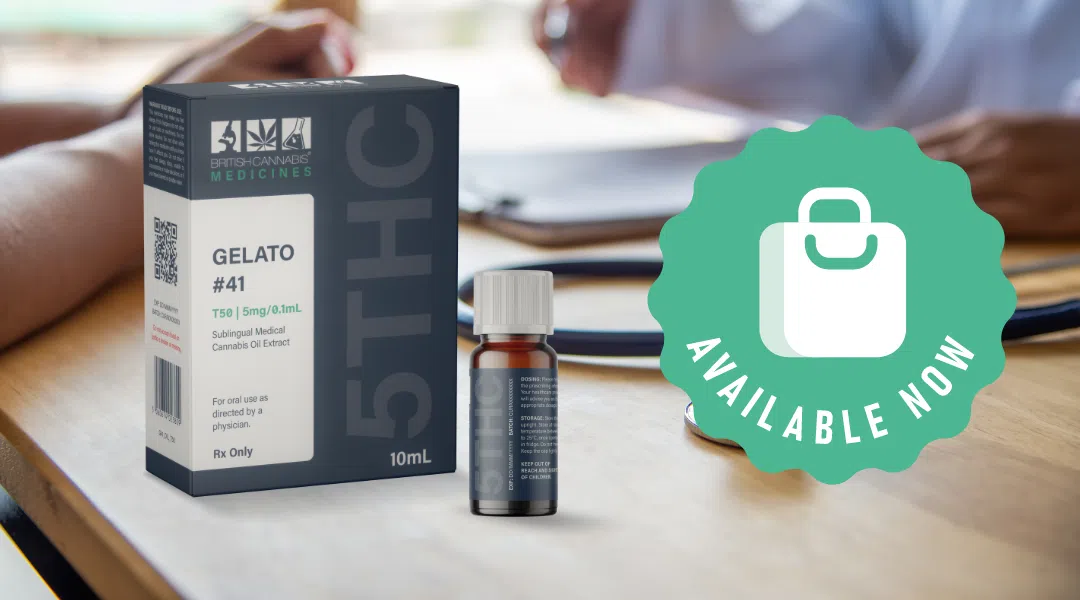
How to Tell Does CBD Capsules Expire
CBD capsules are an increasingly popular way to enjoy the benefits of CBD. These nifty capsules deliver an exact and uniform amount of CBD, making them a desirable choice for anyone seeking a subtle and effortless means of incorporating CBD into their daily regimen.
As with any product, it’s essential to ensure that your CBD capsules are still safe and effective before you use them. But, does CBD capsules expire?
In this article, we’ll explore how to tell when CBD capsules expire, the risks of using expired CBD capsules, and the benefits of purchasing CBD capsules from BRITISH CANNABIS™, the largest UK manufacturer of CBD products. We’ll also provide tips on proper storage to maximize the shelf life of your CBD capsules.
For a more comprehensive view, check out this Does CBD Capsules Interact With Medication?
Explore The Benefits of CBD Capsules for Your Health
CBD capsules are an easy and precise way to add cannabidiol to your daily routine. They contain measured doses, which makes tracking your intake simple and reliable.
Key Benefits:
- Convenient and Discreet: Capsules are easy to take without measuring or mixing. You can swallow them with water just like any supplement.
- Consistent Dosage: Each capsule contains a set amount of CBD. This helps ensure you get the same dose every time.
- Long-Lasting Effects: Capsules release CBD slowly through digestion. This can provide steady effects over several hours.
- No Flavour: For those who dislike the earthy taste of CBD oil, capsules offer a taste-free option.
- Potential Health Support: Studies suggest CBD may help manage stress, promote relaxation, and support joint and muscle comfort. Some people also use CBD to help improve sleep quality.
If you are considering CBD capsules, choose products from reputable brands that provide third-party lab results. This ensures quality and accurate CBD content.
As always, consult a healthcare professional before starting CBD, especially if you take other medication or have a health condition.

How to Tell If Your CBD Capsules Have Expired
While CBD capsules have a relatively long shelf life, they can still expire over time. Expired CBD capsules may not be as effective and can even harm your health.
Here are some signs to look out for to determine if your CBD capsules have expired:
- Change in Color
If you notice a change in colour, such as a darker or lighter shade, it may be a sign that your CBD capsules have expired. - Change in Texture
If your capsules have become sticky or gooey, or if they have hardened, it may be a sign that they have expired. - Foul Odor
If you notice a foul odour or an off-putting smell, it may be a sign that your CBD capsules have gone bad. - Ineffective
If you have been taking the capsules as directed and do not notice any effects, it may be a sign that they have expired.
It’s essential to check the expiration date on your CBD capsules before taking them. Don’t let expired CBD capsules turn your stomach!
These little powerhouses, when past their prime, can induce unpleasant side effects like queasiness, upchucking, and an urgent need for the nearest loo.
Protect your health investment by keeping your CBD capsules in a chilled, arid spot, far from the sun’s harsh rays. Remember, the key to reaping all the rewards of your CBD regimen is proper storage!
Risks of Using Expired CBD Capsules
There are several risks associated with using expired CBD capsules. One of the most significant risks is that expired capsules may have reduced potency or effectiveness.
Over time, the CBD in the capsules can degrade or break down, which can make the capsules less effective at providing the desired benefits.
In addition to reduced potency, expired CBD capsules can also pose other health risks. Capsules that have been stored improperly or for too long may be contaminated with harmful bacteria or other substances.
Ingesting these substances can potentially lead to health problems, so it’s important to avoid using expired capsules.

Benefits of Buying CBD Capsules from BRITISH CANNABIS™
If you’re looking for high-quality and safe CBD capsules, BRITISH CANNABIS™ is the best place to shop. This company is the largest UK manufacturer of CBD products and is committed to providing products that are pure, potent, and safe.
One of the key benefits of purchasing from BRITISH CANNABIS™ is the company’s commitment to quality and transparency.
Their products undergo a battery of demanding tests and pass through stringent quality checkpoints, leaving no room for chance, so that every single item they offer is not only effective but also safe beyond any shadow of a doubt.
They also provide lab reports that show the exact composition of their products, so you can be confident in what you’re buying.
Another benefit of purchasing from BRITISH CANNABIS™ is the wide selection of CBD capsules and other products that they offer.
Whether you’re looking for traditional capsules, vegan capsules, or something else entirely, they have a variety of options to suit your needs.
BRITISH CANNABIS™ provides excellent customer service to ensure that you are happy with your purchase.
They offer fast and reliable shipping and a hassle-free returns policy, so you can shop with confidence.
Does CBD Capsules Expire: Conclusion
CBD capsules are a popular and convenient way to enjoy the benefits of CBD. However, it’s important to ensure that your capsules are safe and effective before using them.
By checking the expiration date and looking for signs of degradation, you can avoid the risks associated with using expired capsules.
Read more about CBD capsules UK best benefits in another article.
If you’re looking for high-quality and safe CBD capsules, BRITISH CANNABIS™ is the best place to shop. With their commitment to quality, transparency, and customer service, you can be confident in the safety and effectiveness of their products.
BRITISH CANNABIS™ offers a wide range of CBD capsules made from high-quality, organic hemp extract that is free from harmful contaminants.
They also provide clear lab reports that show the potency and purity of their products, giving you peace of mind when making your purchase.
Additionally, BRITISH CANNABIS™ uses advanced extraction methods to ensure its CBD capsules are rich in beneficial cannabinoids, terpenes, and other plant compounds.
These compounds work together to produce the “entourage effect,” which enhances the therapeutic benefits of CBD.
In conclusion, it’s important always to check the expiration date and look for signs of degradation before using CBD capsules.
Expired capsules can pose risks to your health and may be less effective at providing the desired benefits. By shopping with BRITISH CANNABIS™, you can ensure that you’re getting high-quality, safe, and effective CBD capsules that will help you achieve your wellness goals.
References
Vlad, R.-A., Farczadi, L., Imre, S., Ciurba, A. D., Todoran, N., Redai, E., Antonoaea, P., & Muntean, D. L. (2019). New UHPLC Method for Cannabidiol Determination in Hard Capsules. Acta Medica Marisiensis, 65(2), 45-48. https://doi.org/10.2478/amma-2019-0007
WebMD. (n.d.). Cannabidiol (CBD). Retrieved from https://www.webmd.com/cannabinoids/cc-cbd












